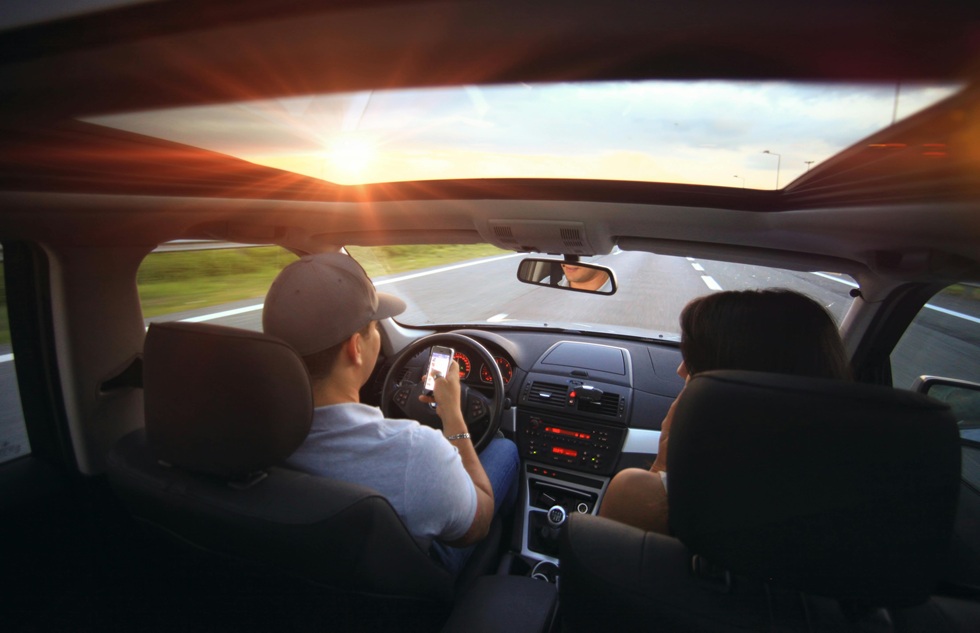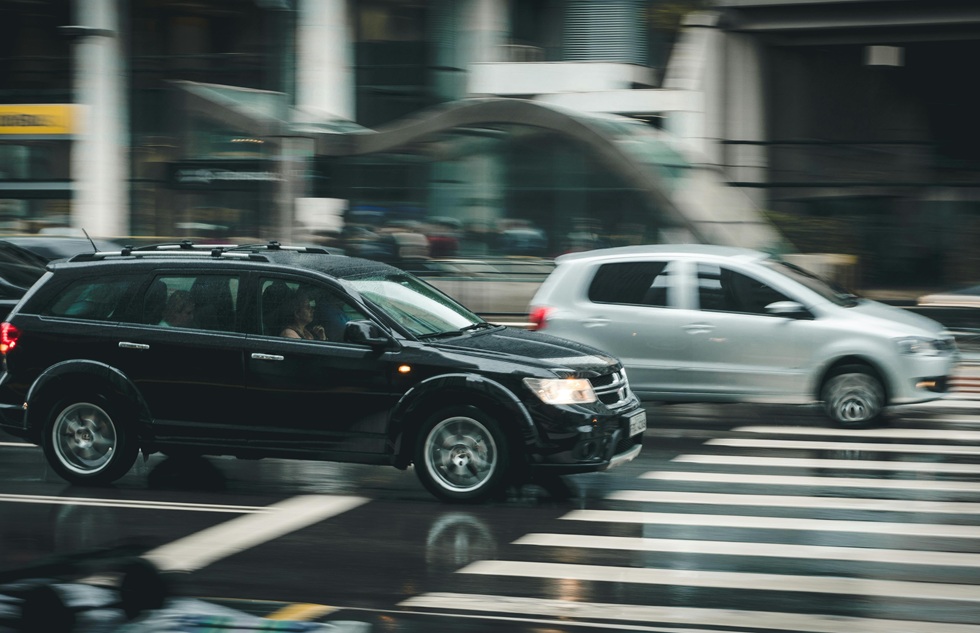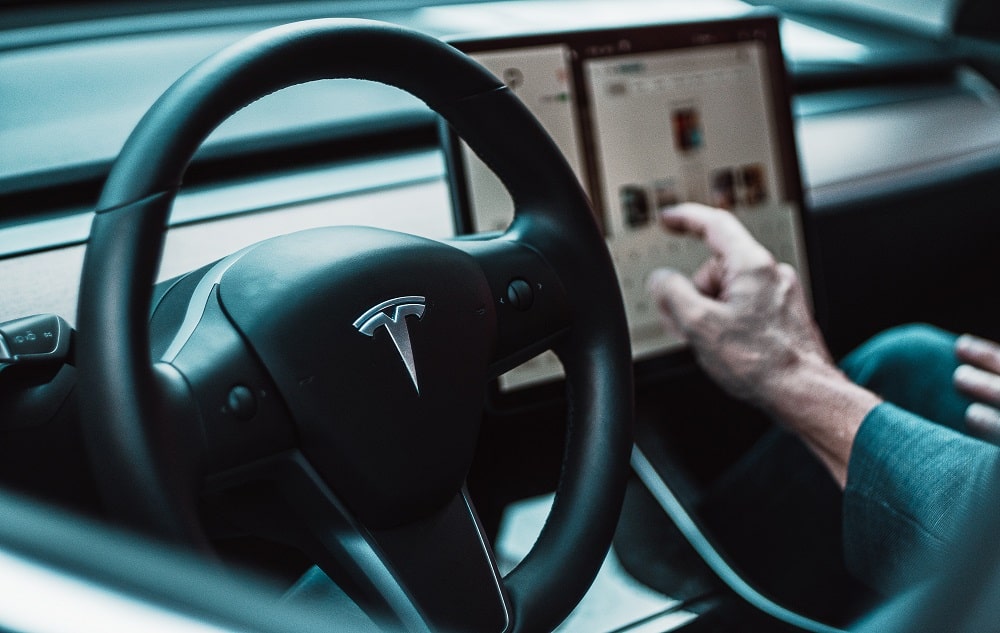In 2019, the governor of Florida signed a driverless cars law that enables these vehicles to operate on Florida roads without a person behind the wheel of the vehicle. Florida is currently one of only three states that have taken this action to help promote the driverless car industry.
Are Driverless Cars Legal In Florida?
At this time, Florida vehicle laws allow driverless cars to operate in the state, but only under specific guidelines.
To operate a self-driving vehicle in Florida, the car must:
- Have a visible and audible warning system to alert passengers of any system failures
- Have an operating system that will pull the car off the road automatically if a system failure occurs
Florida also requires that owners of a driverless vehicle must report any accidents immediately to law enforcement, and the insurance policies on the vehicles must meet driverless vehicle minimum requirements. In Florida, the rates for insurance will depend on if it is a personal or commercial vehicle.
Florida is being used as a test state as tech companies try to master the driverless technologies necessary for these vehicles to keep them operating safely.
States Where Self Driving Cars Are Legal
As of March 2021, Florida, Texas, and Michigan are the only states that allow self-driving cars to operate on their roads at this time.
Twenty-six other states and Washington D.C. have already started making regulations about this industry but have not fully authorized these vehicles to operate on the roads.
However, this is expected to change drastically as the technology develops and more vehicles are ready to use.
Where Are Self Driving Cars Legal To Test?
Most states are allowing driverless vehicles to be tested in their states. This has been very good for the industry because it allows the designers to learn about different road conditions, weather conditions, and road styles. Vehicles operating on long open roads will function much differently than those going through a mountain.
Are Self Driving Cars Legal To Operate Without A License?
It is assumed at this time that anyone who owns a self-driving car will need to have a license to operate the vehicle. This is to ensure that the vehicle can be driven in the event that the self-driving features are disabled in any way. Of course, if you are a passenger in one of these vehicles, a license will not be required.
What The Future Holds
The driverless vehicle industry is very unique and will present many questions that the law must answer as the industry becomes integrated into the public for use. Questions that lawmakers may not have thought of will arise, and current laws and regulations may no longer apply.
It is hard to say what the exact laws will be for these vehicles once their use has become widespread. However, it can be assumed that many of the current vehicle laws and insurance requirements will remain the same for these vehicles.
One big question about driverless cars is should the owner or the manufacturer be at fault in an accident if it was the driverless car’s fault? The answer is currently not clear.
What To Do If You Are In An Accident With A Self-Driving Car
If you’re in an accident with a self-driving car or autonomous vehicle, your initial steps should be the same as if you were in an accident with any other vehicle.
First, ensure the situation is safe. Ideally, both drivers can drive to the side of the road.
Secondly, check for injuries. If there are any, seek medical help.
The third step is to collect information from the other driver (if possible) or have a police report filed.
In the case of autonomous vehicles, this can be tricky if there was no driver and no passengers, or maybe the passenger doesn’t have the drivers info. Owners of autonomous vehicles who aren’t driving or even in the car should contact law enforcement immediately to inform them of an accident and give their info. If you were the driver of the other car, you would want to contact law enforcement as well to notify them and to seek to collect information about the other car.
It’s important to note that you should not admit fault for an accident, even if you initially feel you may have caused the accident.
Lastly, if you require roadside assistance with your vehicle, like getting towed, it’s time to seek that out.
Contact the Florida car accident attorneys at Landau Law
If you were in a car accident in the state of Florida, you may be able to collect damages. Contact the car accident lawyers at Landau Law for a free and confidential case consultation today.
Florida Car Accident Lawyer
Car Accident Blog Posts

Can I File a Claim for Burns From a Car Accident?
Car accidents can cause many types of injuries, but burn injuries are among the most serious and painful. These injuries happen when vehicles catch fire, hot metal touches skin, or chemicals spill during a crash. Burns from car accidents often need long-term medical...

How Much Can You Sue Uber For An Accident?
Getting into a car accident while using Uber can be a confusing and stressful experience. Many victims wonder if they can sue Uber directly and how much compensation they might receive. Understanding your options is important if you've been injured as a passenger,...

Florida Rideshare Accident Lawyer: Help After Uber & Lyft Crashes
When rideshare accidents happen in Florida, victims often face complex insurance situations and uncertainty about their rights. Rideshare companies like Uber and Lyft have specific insurance policies that may apply to accidents, but these companies and their insurers...

Distracted Driving Accidents: Definition, Causes & Statistics 2025
Getting medical care after a car accident in Florida is time-sensitive. Many accident victims don't realize that delaying treatment can affect both their health and their ability to receive compensation for injuries. Florida law requires accident victims to seek...

When Is It Too Late To Go To The Doctor After a Florida Car Accident
Getting medical care after a car accident in Florida is time-sensitive. Many accident victims don't realize that delaying treatment can affect both their health and their ability to receive compensation for injuries. Florida law requires accident victims to seek...

Why Is My Florida Car Accident Settlement Taking So Long?
If you're waiting for your Florida car accident settlement and wondering why it's taking so long, you're not alone. Many accident victims experience frustration with the settlement process, which typically takes between 1-9 months to complete. Insurance companies...

Is It Worth Getting an Attorney for a Car Accident in Florida?
Car accidents can be stressful and confusing experiences, leaving many people wondering if they should hire an attorney. While minor fender benders may not require legal help, accidents involving injuries, significant property damage, or insurance disputes often...

How Long Do I Have to Sue After a Car Accident?
If you've been involved in a car accident, it's crucial to understand the time limits for taking legal action. These time limits, known as statutes of limitations, vary by state and can significantly impact your ability to seek compensation for damages. Consulting...




